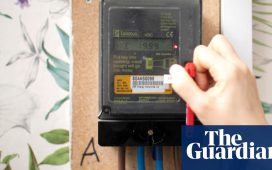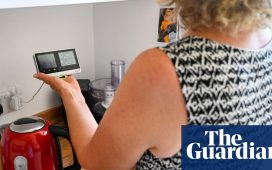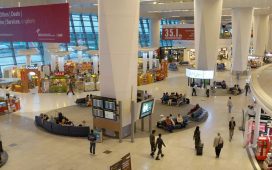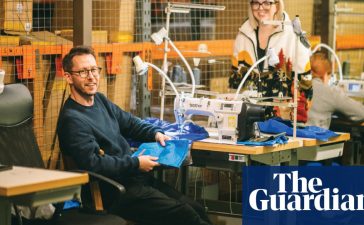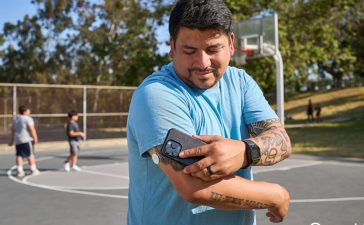More than half of young adults have “struggled” to get on the career ladder – with the average cost of a job interview exceeding £100. A poll of 2,000 adults found 64 percent, of 16- to 24-year-olds, are actively looking for a new role in the hope of establishing themselves in their chosen career.
But for cash-strapped youngsters it doesn’t come cheap – as they will typically spend a total of £103.15 in pursuit of a new job.
This includes £31.28 on new clothes, plus £71.87 on other necessary expenses, such as travel and sustenance.
As a result, Trainline, which commissioned the study, has launched “The Interview Store”, providing visitors with a free interview outfit, discounted train travel, and a session with a career coach.
Alice Stapleton, who will lead the one-to-one sessions, said: “Interviews can be incredibly nerve-wracking.
“We can get nervous and anxious, mainly because we don’t know what to expect.
“There’s also a lot of pressure to present ourselves in the best way possible, in what can be a very unnatural and forced scenario.
“The Interview Store is a great initiative, which will provide many people with the tools to tackle the recruitment process.
“And I’m looking forward to coaching those that attend, and answering any career questions they might have to help put them at ease.
“It will be great to help people feel prepared for their interview, comfortable in what they’re wearing, as well as confident and calm enough to make the most out of the opportunity they have invested in.”
The study found 32 percent of all those polled intend to look for a new position this year – but eight percent believe the expense involved will prevent them from doing so.
Almost three-quarters (73 percent) admit they find the interview process stressful, and a third (34 percent) revealed they get nervous because they fear there will be an intimidating interviewer.
One in four confess they suffer from confidence issues, with 23 percent finding it difficult to sell themselves – specifically when it comes to talking about their experience to date.
And 19 percent of 16-24-year-olds are anxious that potential employers will jump to the conclusion they’re underqualified for the job.
It also emerged 22 percent claim not to know how to dress for interviews, with 42 percent admitting they tend to stress about such things ahead of interviews.
To underline the confusion, 57 percent believe job hunters should dress as formally “as possible”, within the context of what the role on offer is or involves.
However, 42 percent believe it’s acceptable to dress “more casually” for interviews nowadays.
Further highlighting the changing times, one in three young adults think wearing a suit to an interview is outdated, and almost half (47 percent) argue purchasing a new suit for an interview would be a waste of money.
And while 45 percent of young adults say the rising cost-of-living has made them more stressed, four out of five (82 percent) still feel under pressure to purchase new clothes for job interviews.
More than half (53 percent) believe wearing an outfit they’re not happy with negatively impacts their performance, while 49 percent feel more confident and prepared when dressed in a new outfit.
Virtual interviews are now commonplace, with 44 percent of those polled having had an interview via video call since the pandemic.
However, 21 percent have still purchased new formal attire for them, while a canny 32 percent revealed they have dressed formally from the waist up only – knowing their bottom half wouldn’t be on camera.
Mike Hyde, chief data officer at Trainline, which is hosting The Interview Store at London Waterloo Station from February 28 until March 2, said: “Applying for a new job can be a stressful and expensive process.
“And the research has shown that young adults seeking to climb the career ladder are hit harder and more often than anyone else.
“We are delighted to support job seekers by providing both free clothing and discounted travel to attend their interviews, as well as advice on how to overcome confidence issues and handle those tricky questions.
“We are always looking for opportunities for travellers to keep more of their hard-earned money in their pockets.”


